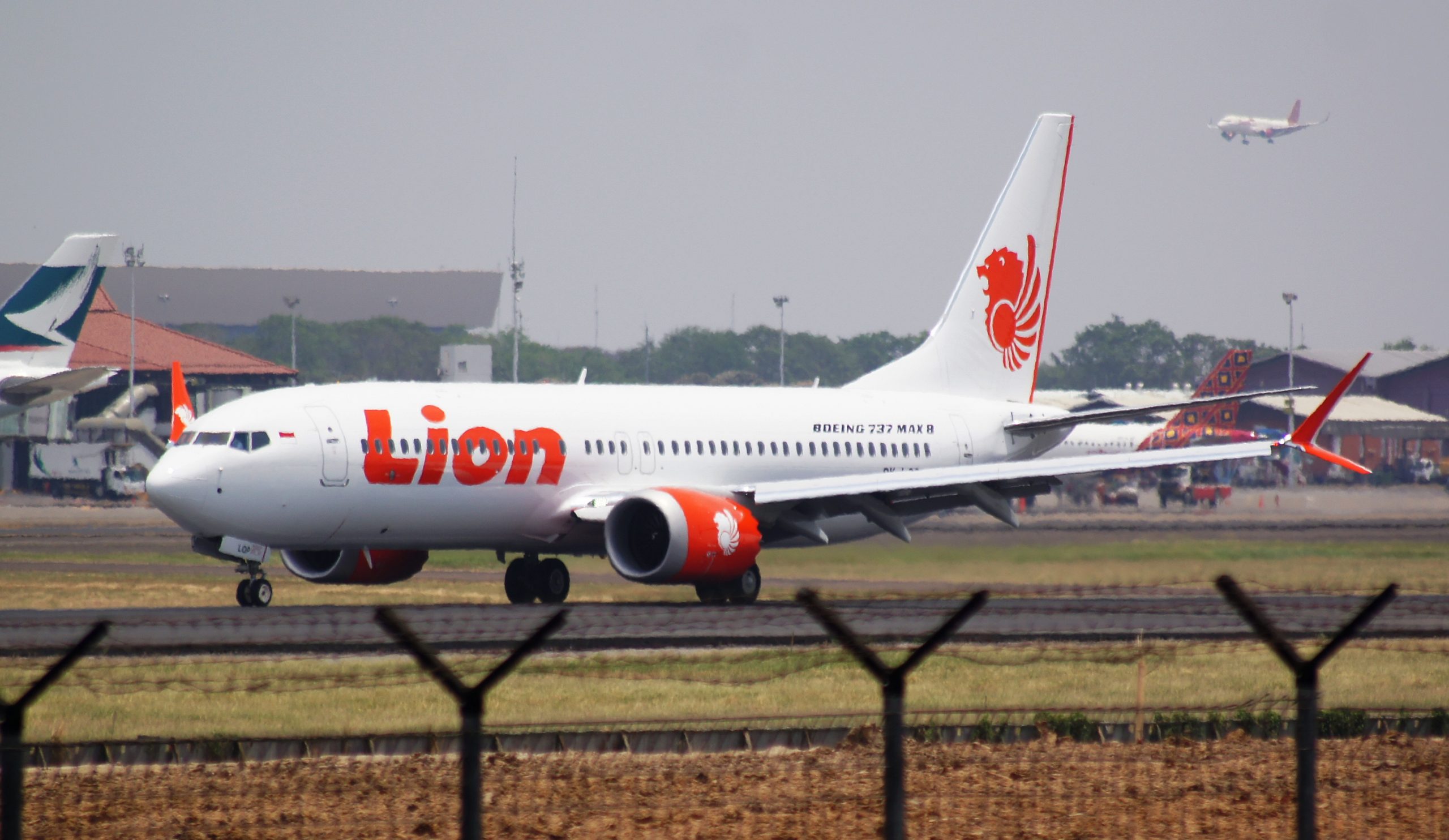In the 1960’s, the Ford Motor Company was riding high on the success of their sexy Mustang car. No one was prouder of it than the bombastic Young Turk, Lee Iacocca, who had overseen its creation and was determined to ride the car’s popularity to the company’s top spot.
Two things stood in his way: Semon “Bunky” Knudsen, the company’s current president, and Ford’s reluctance to compete with the popular European and Japanese subcompacts that were flooding the US market. Knudsen argued that Ford’s strength and profits came from sedans, and that smaller cars like the VW Beetle would not serve its core customers well.
After two years of bitter infighting, however, Knudsen lost the small car debate, was ousted, and Iacocca became president. His first act was to announce rush plans for Ford’s first subcompact – eventually dubbed the Pinto – which he promised would be in showrooms by August 1971, marking the shortest production planning time ever designated for new car creation.
That one bold, rash action has unleashed more organizational goal scholarship than Iacocca could have imagined, the lessons of which should have been learned at Boeing, where a half-century later the organization’s leaders also let greed and ego trump values and long-term excellence with deadly results.
According to Locke and Latham’s goal setting theory – one of the most robustly studied and validated management theories – goals are either learning or performance goals, or a blend of the two. (Some argue that behavioral goals fall into both camps.) Performance goals are goals you have accomplished before – like Ford making profitable and popular sedans. Learning goals are those that require the acquisition of knowledge and/or skills. Ford building a profitable small car (Pinto) for the first time is an example.
Learning goals become performance goals with specific due dates and number targets only after the learning curve has been mastered, new skills have been acquired and the requisite knowledge to perform a task has been internalized and demonstrated.
When a person or company mixes up these two types of goals, assigning a certain outcome and due date for a first-time learning goal, disasters abound. A popular 2008 Harvard Business Review article, “Goals Gone Wild,” chronicled the employee disengagement, reputation loss, bankruptcy and deaths that have occurred in companies like Ford and Enron when executives cut corners, cheated, and lied to achieve bottom line results by skipping the time-consuming brainstorming and employee training that is required in learning goal conditions.
Since that HBR article was published, more recent scandals at companies like Wells Fargo, Volkswagen, and Boeing have continued to highlight the extraordinary damage of this type of goal mix-up. This and my work with CEOs and leaders in companies all over the world has convinced me that every executive in the world should have mandatory training in goal setting theory before their first day of work.
The Ford Pinto stands out as an early example of what not to do. The car was an instant hit when it filled showrooms and excited penny-pinching Americans. The cheers ultimately turned into tears, however, when Ford was hit with hundreds of lawsuits for faulty design, burn injuries and deaths resulting from rear-end collisions. Dr. Leslie Ball, the retired safety chief for the NASA manned space program and a founder of the International Society of Reliability Engineers, later said that the decision to release the Pinto was “the most reprehensible decision in the history of American engineering.”
Behind the scenes, Ford engineers knew that these deadly crashes were likely because they had been documented dozens of times in super-secret filmed crash tests that were never supposed to be seen outside of the company.
But Iacocca didn’t want to hear about safety – “safety doesn’t sell” he reportedly barked at employees – so the company worked up an internal cost-benefit analysis that concluded that Ford would lose more money by pausing production to install a $1 plastic screen in the fuel tank than the $49 million ($200,000 per life) they estimated they would pay in wrongful death and accident claims. Iacocca was eventually fired in disgrace and Ford became the first U.S. corporation to be indicted and prosecuted on criminal homicide charges.
Just like Ford skipped the necessary steps Locke and Latham say are required for learning goals to result in optimal success, Volkswagen did the same when, ironically, Japanese cars once again posed the greatest threat, this time to Volkswagen’s goal of becoming the biggest automobile company in the world.
Their learning goal – quickly developing an environmentally-friendly diesel engine car that would meet stringent US air pollution standards – was rejected as too time-consuming and expensive. So starting in 2005, VW cheated by installing a computerized “defeat device” to hide the fact that their cars were actually spewing so much pollution into the air that it’s now estimated that in Germany alone, more than 100 people will die one decade earlier because of the compromised air quality created by these “clean” cars.
Now consider Boeing, a company once seen as one of America’s finest. In 2011, its president W. James McNerny, Jr. was told by one of Boeing’s top customers, American Airlines, that the airline was about to lose a huge order to the more nimble and innovative Airbus and their A320. According to Tim Clark, president of Emirates Airlines, Airbus had become a thorn in the side of what some described as an “arrogant” Boeing culture that had been slow to move into the 21st century, while Airbus had passed them by 2005 by being “braver, more brazen.”
In response to this direct threat to their bottom line and reputation, Boeing quickly scrapped its plans to develop its own new fuel-efficient passenger plane, which would have taken a decade. Instead, it announced three months after that phone call that it would simply retool its popular 737 into the Max to meet updated fuel and safety specifications.
Thus was the faulty MCAS system created, which Boeing knew wasn’t just unreliable, it had the potential for catastrophic crashes because because of its over-reliance on one sensor that would mistakenly send the plane into a nosedive. When this occurred, the sensor set off a “tsunami of warnings” that pilots weren’t told about or trained to handle. In fact, Boeing had ensured that the MCAS system wasn’t even mentioned in the pilot training manuals, so being in the cockpit when over a dozen loud alarms went off all at once must have been terrifying.
History repeated itself in the worst possible way. Like Ford and Volkswagen, the relentless cost-cutting to boost profits, a refusal to follow safety guidelines, and the desire to make shareholders happy was the company’s only priority (although unlike Iacocca they professed that “safety” was their paramount concern). Like the Pinto and the “clean” diesel cars put out by VW (the company was so hypocritical that an award-winning Super Bowl ad featured their engineers sprouting wings as they created this virtuous vehicle), the 737 Max was an instant hit. It quickly became Boeing’s biggest profit center, and at the time of the second crash, it was flying 8600 flights per week on 50 carriers.
To add insult to injury, the head of the Federal Aviation Administration (FAA) has been in front of Congress this week trying to explain why the FAA circulated a memo after the first crash predicting 2900 future deaths from crashes if MCAS wasn’t fixed, but then did nothing to ground the plane prior to the second crash. And Ed Pierson, a senior Boeing supervisor who worked in the Renton, WA facility that produced the ill-fated 737 Max planes, says that his multiple warnings of shoddy workmanship, unrealistic deadlines and “chaos” to senior managers, top Boeing leadership and the FAA resulted in no action.
Ironically, the type of greedy, illegal behavior outlined here by companies like Enron, Boeing, Volkswagen, Wells Fargo and Ford has cost them more in fines, lost sales, future sanctions, sullied reputations and expensive court cases than the profits they vainly chased with “faux grit” (cheating and lying to make others believe you’ve done something hard).
In fact, VW CEO Martin Winterkorn set the ambitious goal in 2008 of surpassing Toyota as the world’s largest automaker but he only had two months to savor moving in front of the Japanese car maker before he resigned in disgrace in September 2015. As the prospect of going to jail for five years looms over him today, it’s hard not to wonder if Winterkorn would take the low road at VW – a company that was described as “North Korea without labor camps” – for easy profits again.
There is no failsafe method to inoculate students, young executives and leaders with the courage they will need when doing the hard thing means delaying profits, avoiding executive bonuses, authentically seeking and listening to employee feedback, standing up for principles and taking the longer road to success. But learning goal setting theory and reading case studies of what happens when companies get it wrong – costing them more in the end than they’ll ever make up front – might make a difference.
If we don’t try new education solutions like this, we’ll have to continue to rely on journalists, whistleblowers, courageous low-level employees and consumer advocates to protect us from unnecessary fatalities, toxic illnesses and theft. These “moral heroes” often pay an extraordinary personal price for refusing to look away from wrongdoing, but they will never be the ones who carry the heavy burden of the “sin of omission.”
***
This article is excerpted from Caroline Adams Miller’s next book, “Goal-Setting for Everyone,” which will include this learning goal case study and others like it. To be added to her newsletter list and receive free chapter giveaways and updates about the forthcoming book, text GOAL to 33777 or visit www.carolinemiller.com and sign up for the newsletter on the website. To read the LinkedIn version which has all original links to research and references, click here.
#goals #success #goalsettingtheory #learninggoals #performancegoals #CarolineAdamsMiller #leadership #culture #goalsgonewild #authenticgrit #fauxgrit #Boeing #Enron #Ford #Volkswagen #profits #rolemodels #defeatdevice #Pinto #MCAS #Airbus #737Max #goalsetting #failure #Toyota #pollution #emissions #cleanair




